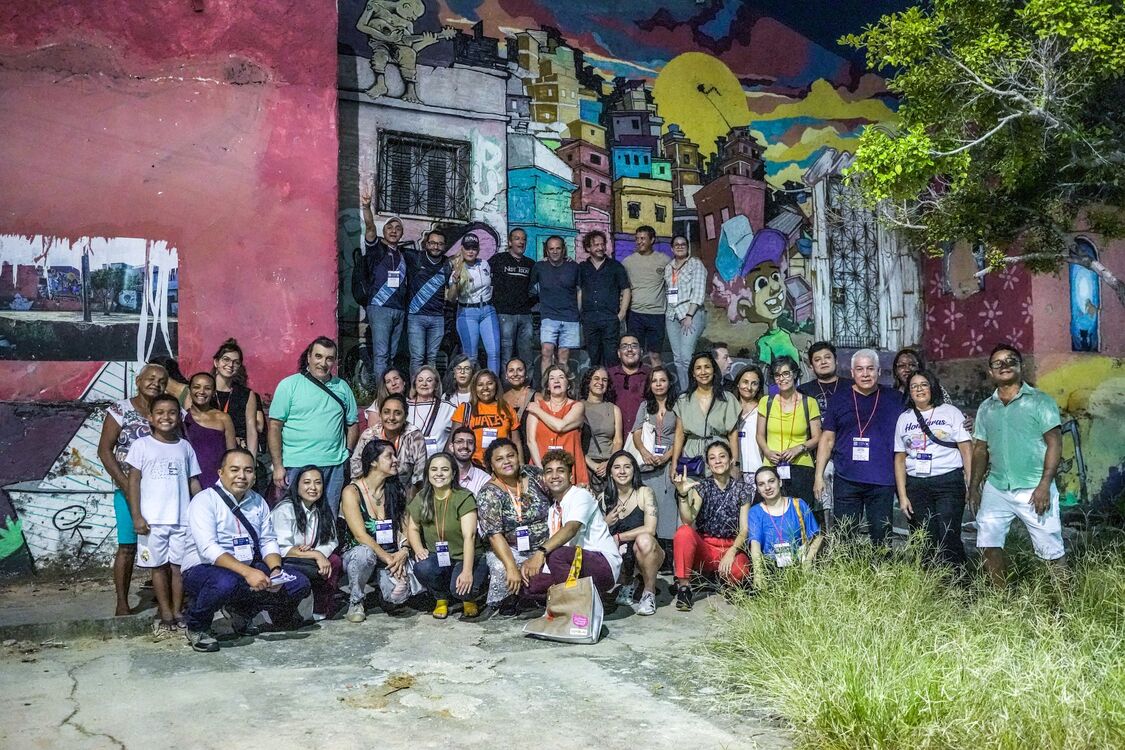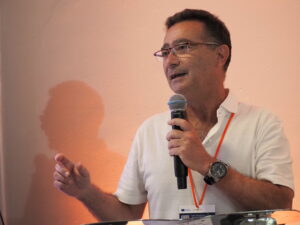The International Seminar “Drugs, vulnerabilities and urban territories” held in Fortaleza (Brazil) organized by the Ministry of Justice of that country and by COPOLAD at the end of last April, gave us the opportunity to look at the drug sector from a different perspective than the one we are used to: that of cooperation for development, an approach that broadens and illuminates the possibilities of intervention in addictions.
The final communiqué of the event proposed “a new generation of more effective and humane drug policies”, something we are in need of not only in Latin America and the Caribbean but also in Europe and Spain.
It is good for Spanish professionals to hear about drug policies related to the fight against exclusion, violence and poverty; about community, economic and urban development; about approaches based on the promotion of mental health and gender equality. New approaches and experiences that contribute to renewing a discourse on drugs that is sometimes anchored in old patterns.
In the case of Spain, we refer to arguments according to which drugs no longer interest citizens in surveys, when the truth is that the question is poorly posed, as it leaves out numerous problems related to addictions that concern citizens; when corporativism is fed by proclaiming that we run the risk of disappearing as a sector if we get too close to mental health or primary care; or when it is stated that the biggest problem of prevention is its lack of scientific evidence, ignoring the lack of investment and support for its professionals.
Half-truths and corporate fears are not going to stimulate scientific progress in the sector, nor promote political momentum, nor facilitate the approach to the public by offering the alternatives that the new needs require.
To this end, it would be desirable to introduce some changes, one of which would be for the sector to be more open to dialogue and to advances in other areas of knowledge and practice (it is not enough to make a profession of interdisciplinary faith) and another could consist of including communication in the training of its professionals. It is not just a matter of journalists communicating better when they talk about drugs; it is also a matter of addiction professionals being good communicators and learning to speak the languages that will enable them to communicate with other professionals, politicians and citizens.
It is probably time to renew the discourse of addiction prevention in our country. Addiction prevention should speak of autonomy, empowerment, emancipation and human rights. It would have to promote the social and emotional skills necessary for the integral development of the person and an education in values capable of critically analyzing certain traditional values related to consumerism, competitiveness and violence. Its plans would have to link and strengthen those of equality, child and adolescent development, mental health or healthy and sustainable urban development. New urban planning has much to say about environmental prevention.
In short, the preventive discourse should be explicitly in favor of human development, emancipation and social justice.
The development cooperation approach represents a good opportunity to broaden the view on the phenomenon of addictions and its link with the hegemonic socioeconomic development model. At the moment, it is very difficult to separate the understanding of addictions from the hyper-consumerist development model in which we are immersed.
Alfonso Ramirez , Head of the Community Prevention Service, Diputación de Huelva (Spain).head of service speaking at the event.
He has worked as a psychologist and family psychotherapist for thirty years. He has been vice-president of the Atenea Foundation. He has directed the Social Prevention Unit of the Huelva Provincial Council since its creation ten years ago. He has published several books on addictions: Acting locally in (drug)dependencies. Pistas para la elaboración de estrategias, planes y programas municipales (GID); Coaching para adictos. Integración y exclusión social (Atenea); Dramadependencia (Fundamentos); and Gramática de la prevención de adicciones (Junta de Andalucía).







